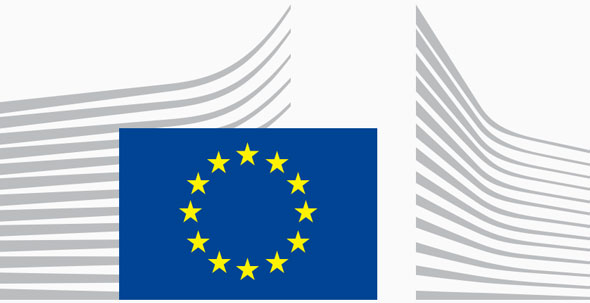The world is awash in plastic, far too much of which is polluting the environment worldwide. And a lot of this pollution is unseen: Microplastics, which are less than 5 millimetres in length, are either used in production of everyday products or result from the breakdown of plastic items. Microplastics can leak into our air, soil, waterways and ocean, and they persist for a long time. They’re also often accidentally ingested by organisms both large and small, which frequently harms wildlife. Experts estimate that 92% of the 5.25 trillion plastic particles on the global ocean surface are microplastics and that the number of pieces of microplastics in the Mediterranean Sea is similar to the number of plankton; as a result, animals that eat plankton are encountering huge volumes of microplastics and possibly mistaking them for food.
What is the European Union doing to tackle microplastic pollution?
Clearly, effective policy is urgently needed to stop the flow of millions of tons of microplastics into the environment each year. To that end, the EU has taken these actions:
- In 2020, the European Commission adopted a broad economic plan that contained a commitment to “address the presence of microplastics in the environment,” including by: restricting intentionally added microplastics, such as microbeads in personal care products; taking steps to reduce leakage of pellets into the environment; and developing labelling, standardisation, certification and regulatory measures on the unintentional release of microplastics.
- In March 2022, the European Commission published an EU Strategy for Circular and Sustainable Textiles, announcing its intention to address the different life cycle stages at which synthetic fibres are shed into the environment.
- In November 2022, the European Commission proposed measures to limit plastic pollution from vehicle tyres, with “non-exhaust” emission limits for tyres and brakes expected to be proposed by the end of 2024.

